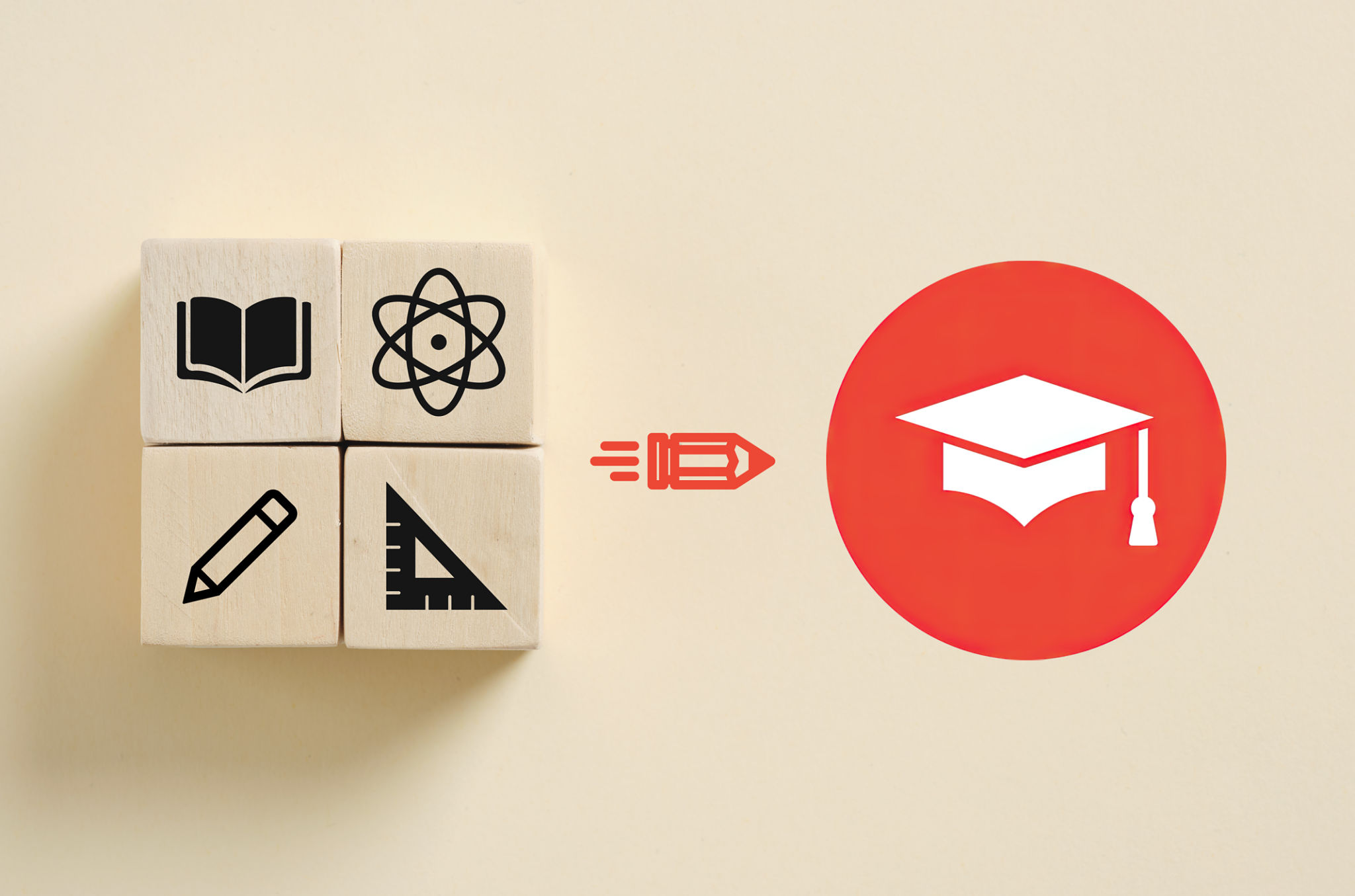Transformative Education Strategies: Insights from Doha's Leading Consultants
Understanding Transformative Education
Transformative education is a progressive approach that seeks to create profound changes in students' understanding and perspectives. This educational strategy goes beyond the traditional curriculum, aiming to equip learners with critical thinking skills, empathy, and the ability to adapt to an ever-changing world. Leading consultants in Doha have been at the forefront of integrating these transformative strategies into the educational landscape, offering insights that can be applied globally.
In recent years, educators in Doha have been pioneering methods that foster a more engaging and inclusive learning environment. By prioritizing personalized learning experiences and encouraging collaborative problem-solving, these consultants are setting a new standard for academic excellence in the region.

Key Strategies for Implementing Transformative Education
1. Embracing Technology
One of the most impactful strategies advocated by Doha's educational consultants is the integration of technology in the classroom. By utilizing digital tools and resources, educators can create interactive and dynamic learning experiences that captivate students' attention and enhance their understanding of complex subjects.
Technology not only makes learning more accessible but also prepares students for a future where digital literacy is essential. The use of platforms for virtual collaboration and online resources ensures that students remain engaged and motivated throughout their educational journey.

2. Cultivating Critical Thinking
Another cornerstone of transformative education is the development of critical thinking skills. Consultants emphasize the importance of encouraging students to question assumptions, analyze information critically, and develop their own informed opinions. This approach empowers learners to become independent thinkers and effective problem-solvers.
Educational leaders in Doha have designed curricula that incorporate real-world challenges, encouraging students to apply their knowledge in practical ways. Through discussions, debates, and project-based learning, students gain a deeper understanding of the subject matter and its relevance to their lives.

The Role of Cultural Context
An essential aspect of implementing transformative education strategies is understanding and respecting cultural contexts. Doha’s consultants recognize that each educational environment is unique, shaped by its cultural and social dynamics. By tailoring educational approaches to reflect these nuances, educators can create more impactful learning experiences.
Incorporating local culture and traditions into the curriculum not only enriches students' learning but also fosters a sense of identity and belonging. This holistic approach ensures that education is not only informative but also meaningful and relevant to students' lives.
3. Fostering Collaborative Learning
Collaboration is a key element in transformative education, as it encourages students to learn from peers and appreciate different viewpoints. Doha's consultants have been successful in creating environments where teamwork is emphasized, allowing students to build interpersonal skills and learn the value of collective problem-solving.

By facilitating group projects and interactive activities, educators can create a vibrant classroom atmosphere where every student feels valued and heard. This collaborative approach not only enhances learning outcomes but also prepares students for future professional environments where teamwork is crucial.
Conclusion
The insights from Doha's leading educational consultants highlight the transformative potential of innovative teaching strategies. By embracing technology, cultivating critical thinking, respecting cultural contexts, and fostering collaboration, educators can significantly enhance the learning experience.
Implementing these strategies requires commitment and creativity, but the rewards are well worth the effort. As educational paradigms continue to evolve, these transformative approaches offer a blueprint for developing well-rounded individuals ready to thrive in a rapidly changing world.
